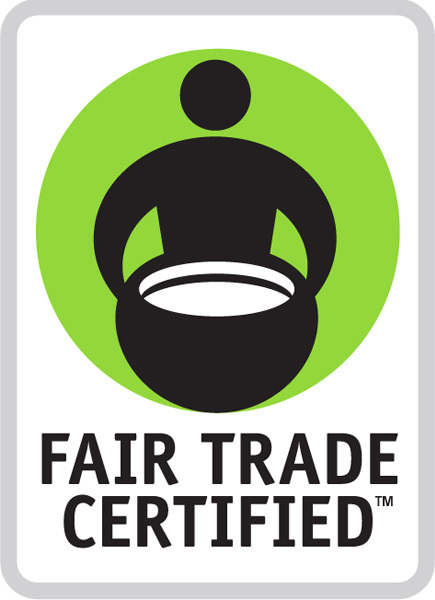Chocolate is a Bittersweet Way of Life in Ghana
This should be a prosperous time for Justice Obini, a cocoa farmer in West Africa. With appetite for chocolate at an all-time high – the global demand has risen 13 percent in five years – his cocoa beans are sought after. Yet Obini struggles daily to take care of his farm -- and his family of ten.
“I do everything on my own,” Obini says, which means waking up before dawn every morning to weed his fields and spray them with fertilizer. He spends hours pulling cocoa pods from trees and cracking them open. When he can afford it, Obini will hire occasional seasonal help, but most of the time he tends to his 14 acre farm in the village of Burko, 120 miles northwest of Accra, Ghana’s capital city, alone. Several of his children have moved away and others are too young to assist him on the farm.
Obini’s days often stretch from dawn to late afternoon. Harvest time in Ghana begins in September and lasts through March. No heavy machinery is used. Farmers crack open cocoa pods and get the beans ready for harvest by hand. Obini produces nearly 16 bags of cocoa beans in a year, earning him around 1,100 dollars total, or the equivalent of three dollars a day. A wage that in Ghana would place him in the lower-middle class. According to the non-profit Oxfam America, cocoa farmers around the world on average typically make even less – about three percent of the price of a chocolate bar. Obini says there’s not much left after what he pays for his kids’ school, so he sells vegetables along with home-brewed alcohol to supplement his income during the low production season.In a country of 25 million people, the government of Ghana estimates some 800,000 families in the country are living in part by cocoa farming. West Africa produces 70 percent of the world’s cocoa beans and in Ghana the beans are the top agricultural exporter.
The growing middle class in China, Brazil and India are creating the demand for the beans.
“Cocoa is a commodity,” explained Elan Emanuel, senior cocoa manager at Fair Trade USA. “From bean to bar there are many supply chain actors. There are many involved in the processing and all of them need to make some sort of money to keep their business viable. Cocoa farmers in West Africa, they are the least empowered of any of those actors.”
The Ghanaian government sets the price for how much farmers get paid. Currently, farmers receive around $45 for a bag of beans weighing about 140 pounds.
Samuel Torbi, 38, has been farming for 16 years. He started farming after graduating from high school, because he couldn’t afford college. Torbi used what money he had to purchase two acres of land. He grew vegetables in addition to cocoa and saved up his farming profits. Torbi was able to slowly expand his farm and now owns more than 30 acres of land.Torbi is among the more successful farmers in the region, but he says farmers are powerless when it comes to impacting the price they receive for beans.
“We are the school dropouts,” said Torbi. “The manufacturers, the consumers – they control the price of our cocoa. The economy decides. So we depend on them.”
After the increasing reports of aging cocoa farms and research about the growing income disparity amongst farmers, 12 global chocolate companies have joined the World Cocoa Foundation’s “CocoaAction” sustainability strategy. Companies including The Hershey Company, Nestle, and Mars Incorporated have signed an agreement to accelerate actions to make cocoa farming sustainable in West Africa. The plan will benefit 100,000 farmers in Ghana and 200,000 farmers in Cote D’Ivoire.
By 2020, the CocoaAction plan will create educational opportunities in cocoa communities and it will restructure past training programs to teach farmers sustainable farming methods that will increase their productivity.
But will it be soon enough?

